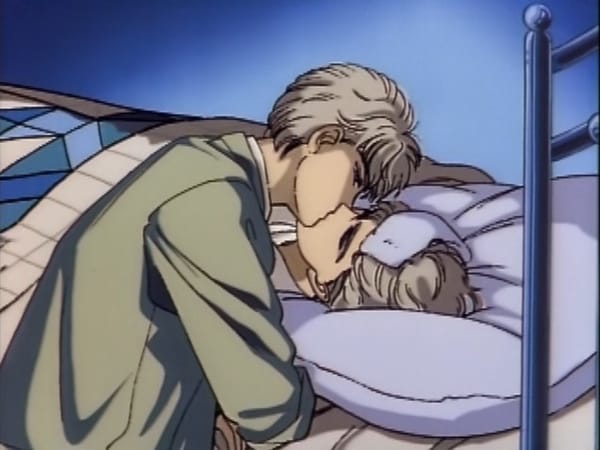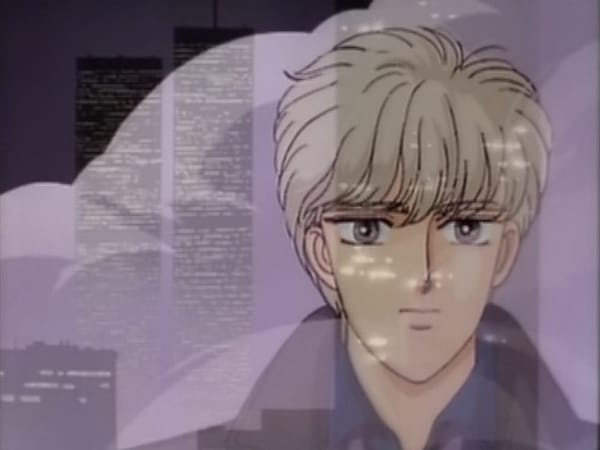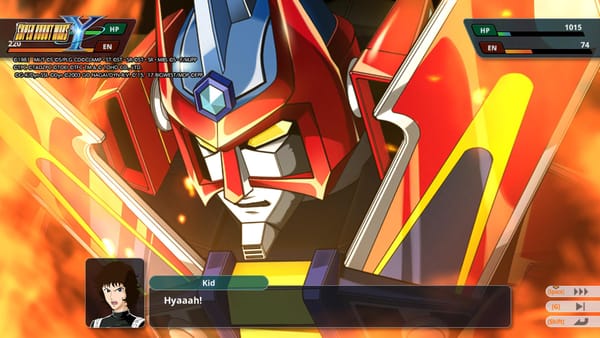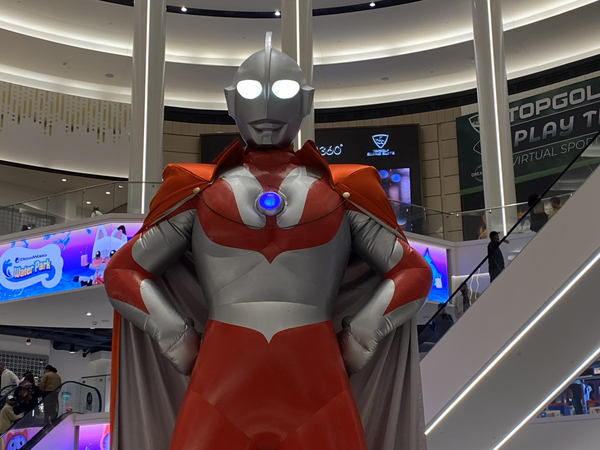Responding to Masahiro Sakurai's "That Was Then, This Is Now"
I'm with him, BUT--
Smash Brothers creator Masahiro Sakurai has one of the best video game commentary Youtube channels around. Free from having to mine hot topics or pad out videos unnecessarily for Google bucks, Sakurai draws on his veteran career, along with the rest of the medium, to offer advice to the game creators of the future.
The videos are thoughtful, deeply informative, and concise. Even if you’re not interested in making games yourself, it’s extremely worth it to see video games through Sakurai’s eyes.
Recently in his “Grab Bag” section, Sakurai talked about retro games. This isn’t a huge surprise; he is as likely to use an old, unknown game like Evil Zone in his game footage as he is to use Fortnite.
What was interesting about Sakurai’s view is that, unlike the average person putting together a Youtube video about retro games, he advises us not to love them too much. He doesn’t want us to fall into nostalgia’s trap and retreat so far into the past that we shun the games that people are making in the here and now.
And Sakurai knows what he’s talking about here; he even offers concessions to key retro gamer arguments. It really is true that they don’t make them like they used to, he admits, but he also offers that the status quo is always changing. The current “Now” inevitably becomes a past you can never return to, before you even notice it’s gone.
In our current age of online-only games, there is a constant flow of games that are doomed to disappear forever. Dragalia Lost just shut down. There is no Overwatch 1 anymore.
The 1980s and 90s were a remarkable period for video games— there’s a reason we return to them over and over again— but purposely becoming ignorant of the now just makes us old and boring.
But though I generally agree with Sakurai, I do believe that he— naturally, given his position in the business— leaves something out about games of the last few generations, and why retro gamers might be resistant to them.
Let’s talk compulsion
A lot of modern video games make me feel like I’m obligated to the game. From Marvel Snap’s battle pass that taunts me with fear of missing one powerful card in a set, to the checklist that presided over my every action in Final Fantasy XIV, to the slot-machine distribution of loot in Monster Hunter, almost every time I play a new video game I feel like it’s trying to make both an addict and an unpaid employee out of me.
Every video game wants to be the only video game I play, and it wants to achieve that status by completely dominating my time for as long as I’m interested in it. The exploitative practices of mobile games have fully shifted into the mainstream.
I have to show up and play every day for rewards that would otherwise cost me money. If there’s an event, I’d better play extra long, for fear of missing out on some exclusive item that will disappear forever in a week. When I hear about a new game, I have to measure my interest in it against the time I suspect it will take from me. It’s exhausting.
Modern video games ask us to spend a lot more time with them than the old, because players have come to demand Value measured in raw gameplay hours1. But I'd argue that the quality of hours spent this way— boring oneself into a stupor by repetition— can be very low.
I don’t feel obligated to play retro games, nor do I feel exhausted when I play them. Thunder Force IV might be tough, but it doesn’t ask me to play it for two hours a day, every day. And it’s fun to play on its own merits! It doesn’t need rewards or prestige levels to keep me engaged.
It’s not that I don’t play modern video games at all because of these factors; it’s that they’re the parts I hate. I play great retro games not just because I enjoy them but because they lack these things.
So I can’t exactly square up with Sakurai’s concluding argument that despite emotional attachment and nostalgia2, older games can’t compare to their new and improved descendants. While it’s true that we can’t be afraid of change-- that way lies stagnation-- that doesn’t mean that every change is an improvement.



